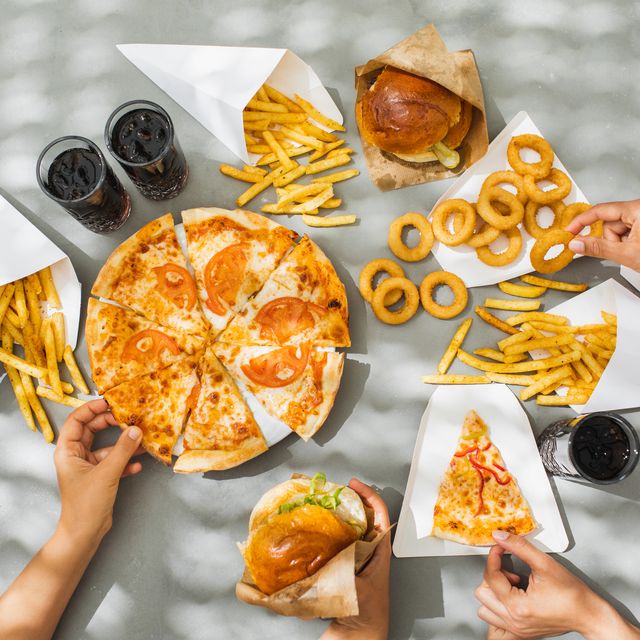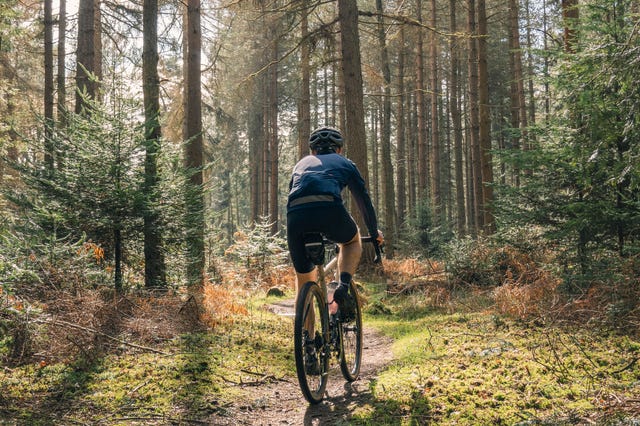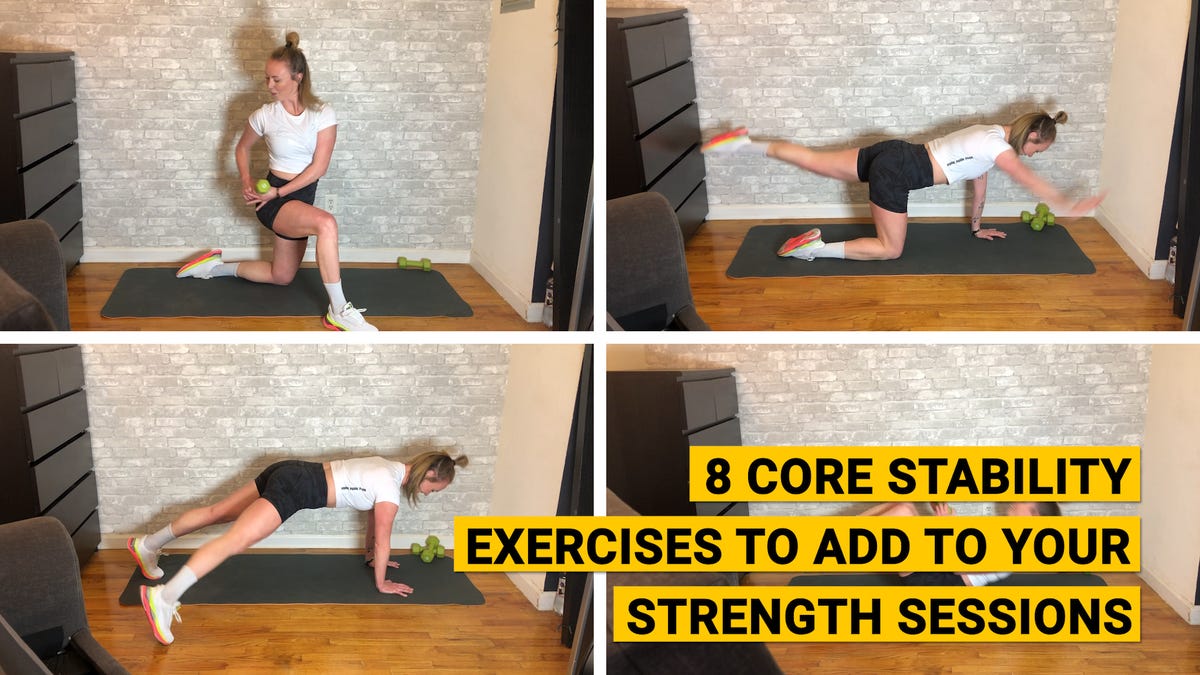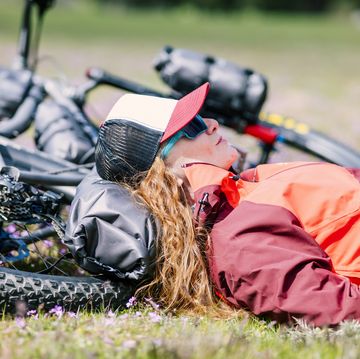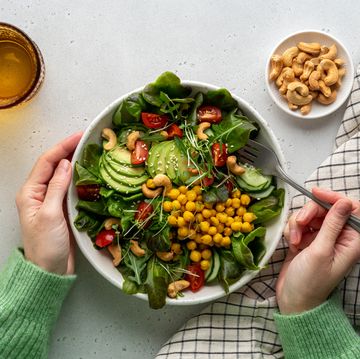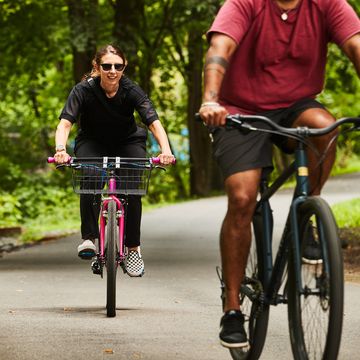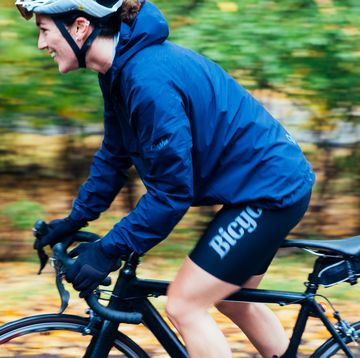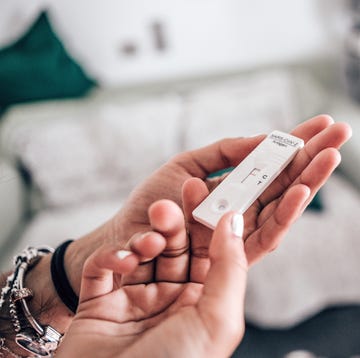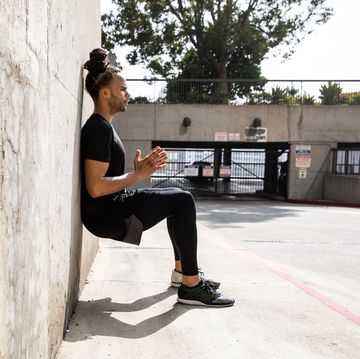- New research suggests that eating a high-fat and high-sugar diet can disrupt deep sleep.
- Experts suggest evaluating your diet to see if it affects sleep patterns.
Eating meals too close to bedtime is notorious for prompting sleep issues, but another factor to consider throughout the day is what you’re eating. New research in the journal Obesity finds that just a few days of consuming unhealthy foods may also tank your sleep quality.
Researchers looked at 15 healthy, young men who ate two different types of meals in randomized order. Some of the group started with a high-fat, high-sugar diet for a week, then changed to a low-fat, low-sugar diet for the following week. Others in the group switched that order.
At the end of each week, participants spent a night in a sleep lab, which recorded variables like sleep duration and sleep phases. For all of them, sleep quality after a week of eating the “junk food” diet, laden with fat and sugar, was poor compared to sleep following a week of healthy eating.
Deep sleep—also known as slow wave sleep—was the most notable shift, according to lead author Jonathan Cedernaes, Ph.D., associate professor in medical cell biology at Uppsala University in Sweden. He told Bicycling that this sleep stage is tied to memory processing and secretion of several hormones, including growth hormone, as well as metabolic regulation and insulin resistance.
“We found that exposure to the unhealthier diet disrupted a restorative part of slow-wave sleep, making this sleep stage more shallow,” he said. “Such changes can also be seen in aging or sleep conditions, such as insomnia. Although we did not assess the impact on health outcomes in our study, we know from other work that intact deep sleep is associated with better longterm health.”
Because participants were tracked throughout the study, researchers were able to see how long the effects of the unhealthy diet remained, and Cedernaes said he was surprised at the duration of the sleep disruption.
“We found that the change in deep sleep seemed to persist for at least a few days after switching to a healthy diet, which was unexpected,” he added. “This strengthens our finding regarding the impact of an unhealthy diet on our deep sleep, and implies that sleep disruption could occur for as long as someone is on an unhealthy diet.”
One of the limitations of the current study is the modest number of participants. However, these findings are line with some previous research that links food choices to sleep quality.
For example, a study in the American Journal of Lifestyle Medicine looked at 100 women in Saudi Arabia and found a significant link between consumption of added sugars—as opposed to natural sugars, like those found in fruits and dairy—and poor sleep, especially when caffeine was also a factor.
Another study in the Journal of Clinical Sleep Medicine, assessed the effect of four days on a low-fiber diet high in saturated fat, and noted that participants took longer to fall asleep and had less slow-wave sleep.
We need more research on how specific components of an unhealthy diet affect the brain, said Cedernaes. For example, delving into whether fatty acids have different signaling properties when combined with sugar could help illuminate why it alters sleep so significantly.
In the meantime, the takeaway implies that for better sleep, and especially for more restorative slumber, consider whether your diet might play a role and what food choices you can make to better support your shut-eye.
Elizabeth Millard is a freelance writer focusing on health, wellness, fitness, and food.
